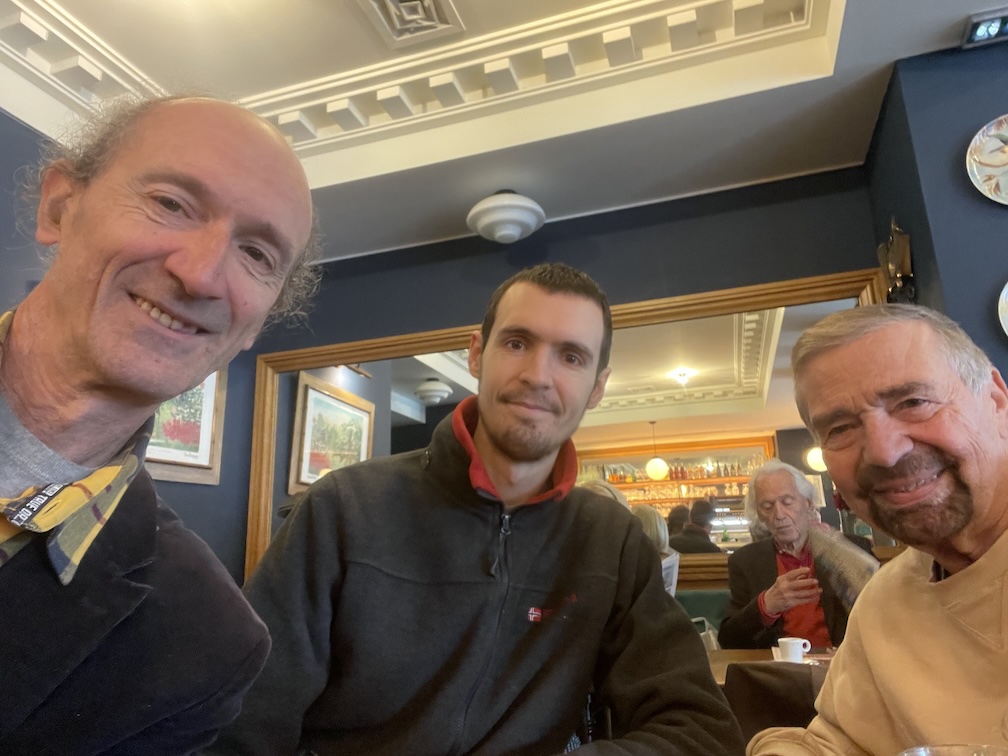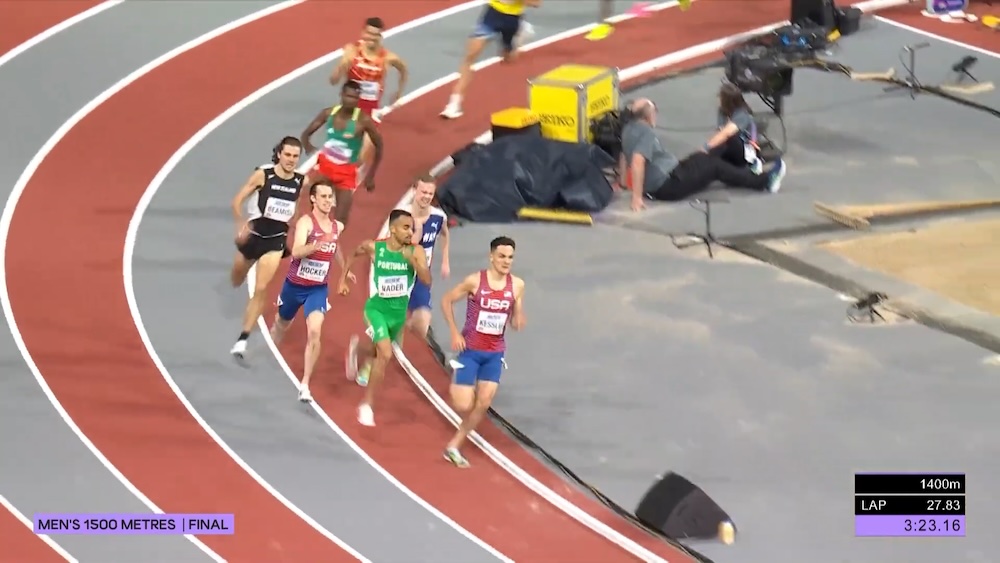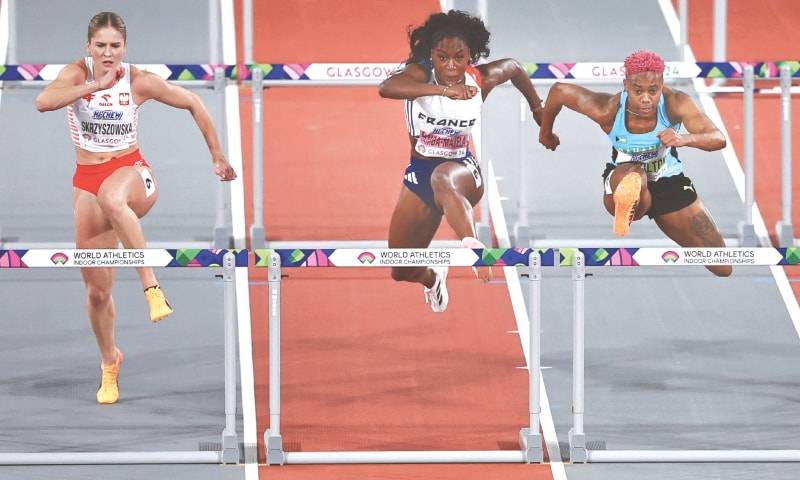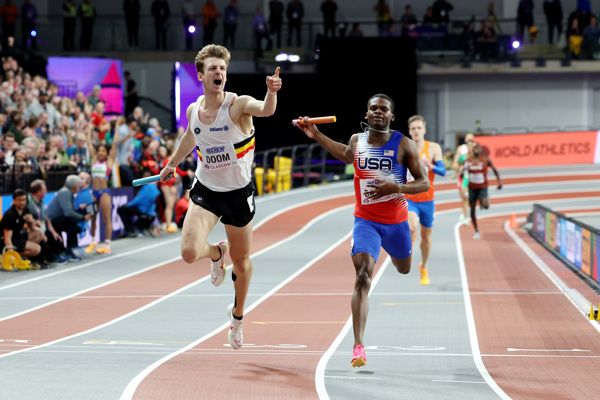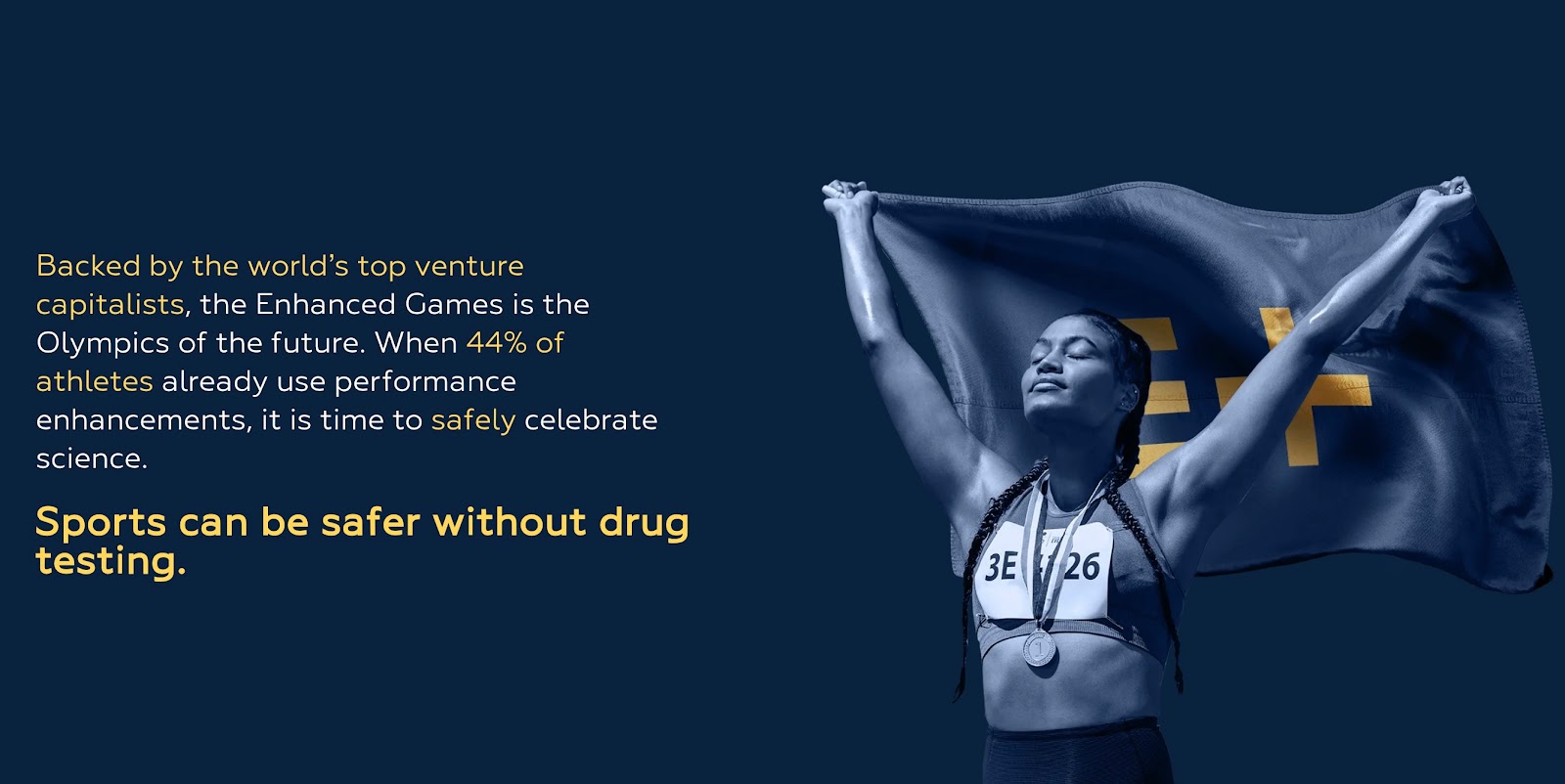I have always had the feeling that someday, somebody would do that. And it's here now. Well, to tell the truth, it will be here when the first Games will take place, something that is still not quite guaranteed. But let us start at the beginning.
From the Enhanced.org website
There you have it: the proposal is for sports events where there will be no mandatory drug testing. Aron D'Souza, who is heading the Enhanced Games organisation is an australian businessman. He had the idea for the Enhanced Games in 2022. In his own words
Athletes are adults and they have a right to do with their body what they wish: my body, my choice. And no government, no paternalistic sports federation, should be making those decisions for athletes.
And he segued,
If we cut out all the waste, the layers of bureaucracy, the needless building of infrastructure, this event can be delivered for virtually nothing, and we can use all the surplus profits to pay the athletes.
The prize money for exceptional performances can be as high as 1 million dollars. Australian swimmer J. Magnussen (olympic medalist in 2012 and 2016 and two-time 100 m freestyle world champion) vowed to come out of retirement and "push himself to the limit" in an attempt to break the 50 m freestyle world record and pocket the million. But he remarked that "this is not for everyone, and it is certainly not something for young athletes".
According to D'Souza, the IOC is corrupt and greedy, the WADA is an anti-science police force for the IOC, the Olympic system doesn't pay athletes enough and the Olympics include too many sports that don't really matter.
So, what he proposes is a multisport event including athletics, aquatics, gymnastics, strength and combat sports. A test event is planned for December 2024 to be held in the US (but as of today nothing definitive has been announced). D'Souza assured the BBC that everything would be done under security measures and under clinical supervision.
According to the Enhanced.org webpage:
Enhanced acknowledges that science has always played a central role in sports. Only in the past 50 years has the advancement of performance science in professional sports been stifled. Athletes have been forced into a cat-and-mouse game with drug testing agencies like WADA, attempting to stay one step ahead of the latest oppressive and invasive testing methodologies.
Enhanced athletes embrace the human belief in scientific development, ignoring the anti-science stigma. When used correctly, the inclusion of performance enhancements can have significantly positive effects on the results of training and exercise routines. Simply put, performance enhancements augment the effects of training.
Although I am not embracing the whole Enhanced rhetoric, I have a remark on the "past 50 years" point. Those who have followed my series on amateurism myth may recall that the IOC has been for almost a century preoccupied with the question of amateurism and only when, in the eighties, they decided that accepting professional athletes would add to the value of their product, did they start caring about doping and started using the arguments about "clean" sport and shifted their efforts towards the enforcement of anti-doping rules.
The reactions of the IOC and WADA were what one would have expected. They unanimously condemned the proposals of D'Souza. The International Fair Play Committee (I did not know that something like that existed, but apparently it was created in 1963) declared that
[The Enhanced Games] would be devoid of any fair play and sportsmanship. Moreover, they represent a potentially catastrophic healthcare risk to its participants, as athletes and their collaborators will inevitably try to push beyond healthy limits.
Quite expectedly Lord Sebastian was dismissive. At a conference just before the World Indoor Championships, he said "I'm sure crazy things happen in other areas, we get them from time to time. I'm not losing any sleep over it". But he warned that "If anyone is stupid enough to want to take part in this, and they come from the traditional and philosophical end of our sport, they will be banned and they will be banned for a long time".
D'Souza's response was immediate. He pointed out that many leaders of the Olympic movement, some of whom he was sure Lord Coe would consider part of his team, seem to be enthusiastic and have engaged with Enhanced. He noted that the very same week the 'Enhanced Games' organised the Inaugural Conference on Human Enhancement at the House of Lords in London, which ensured that 'the government and scientific leaders present know that the future of sports science isn't nonsense' as Coe suggested. And he concluded that "Enhanced Games are inevitable".
Well, I will believe this when I see the first event organised. As to the whole idea of test-free competitions, I have no clear opinion. The article "The Dangerous Promise of the Pro-Doping Enhanced Games” in the Outside site summarises the situation in a, what I feel, non-partisan way. They conclude with the sentence "the best argument against the Enhanced Games might be something as banal as: better the devil you know than the devil you don’t". I will certainly keep an eye open and report on this if there are any significant news.

